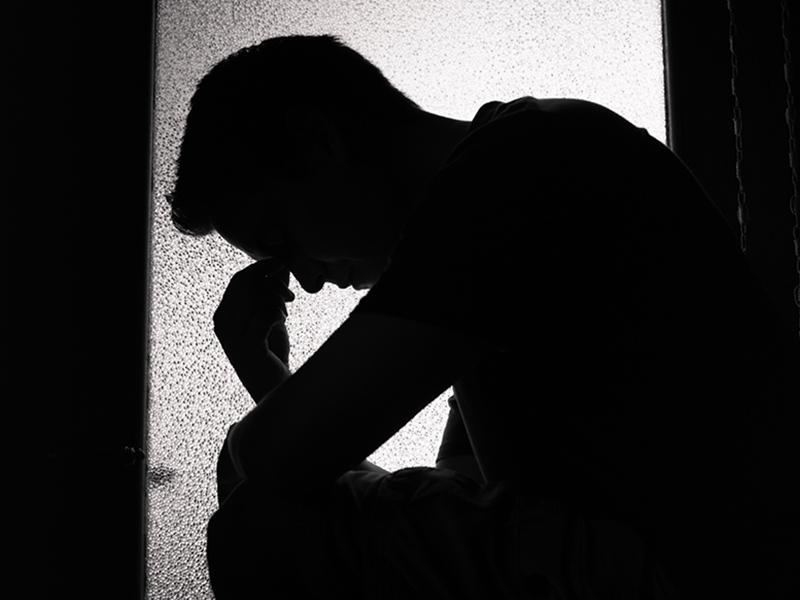Emotional well-being at stake from COVID-19 isolation, Tulane paper says
When disaster strikes, social support and community ties play key roles in maintaining mental health. Yet the COVID-19 pandemic makes such contact difficult, if not impossible, and that can lead to a marked increase in loneliness, isolation, depression and other forms of mental illness, according to a published paper by researchers at the Tulane University School of Social Work.
The paper, published in Psychological Trauma: Theory, Research, Practice, and Policy, a publication of the American Psychological Association, explores the potential impact of COVID-19 on loneliness and well-being. The authors are Patrick Bordnick, dean of the Tulane School of Social Work; Tonya Hansel, who oversees the school’s doctorate program; and Leia Saltzman, an assistant professor with expertise in disaster mental health and collective trauma.
“Social support plays a key role in well-being, yet one of the major preventative efforts for reducing the spread of COVID-19 involves social distancing,” the authors write. “During times of crisis, social support is emphasized as a coping mechanism.”
The authors point to previous disasters, including Hurricane Katrina, to show the crucial protective roles that social support and community ties played in mental health recovery. They also look at earlier studies, including a disaster study on a 1972 mining disaster in which bereaved widows reported high levels of personal loneliness but not community loneliness.
Symptoms of depression and other serious mental illnesses—common following disasters—are exacerbated by loneliness and lack of social support. Social support is also a strong predictor of resilience following disasters and posttraumatic growth following exposure to trauma and disasters.
“New Orleans has great examples of social support and community ties,” Hansel said. These include faith-based organizations, family reunions, krewe membership and nonprofit volunteer work. “These groups not only provide social outlets and identity formation, but they also represent cultural norms and benefits for the community. Yet, many of these larger scale community support activities have been put on hold, leaving a gap for many in their community-level social support.”
Access to technology may help buffer the loneliness and isolation as well as offer opportunities to meet the unique needs of children and teens, that is, if they have access to technology.
The paper points to the School of Social Work’s own self-care website to show the myriad ways people can reduce their feelings of isolation and anxiety. It includes resources for meditation, physical activity, social connectedness and amusement.
“Self-care tools can offer an accessible resource to promote individual coping as a first step in the recovery process.”
Still, the authors wrote, more studies are needed on the larger behavioral health impact of COVID-19 to ensure that resources are not only available but current and informed by evidence.
“We have relatively no studies on behavioral health and pandemics in the U.S. — all the knowledge is based on other disasters and for pandemics in other countries,” Hansel said. “While this gives us evidence that there are likely to be increased behavioral health needs, it does not answer what services are most needed or who would benefit.”

